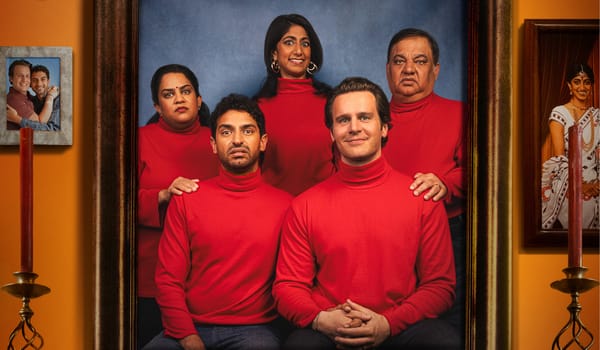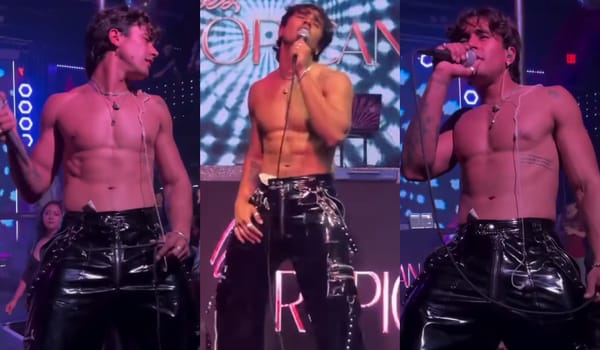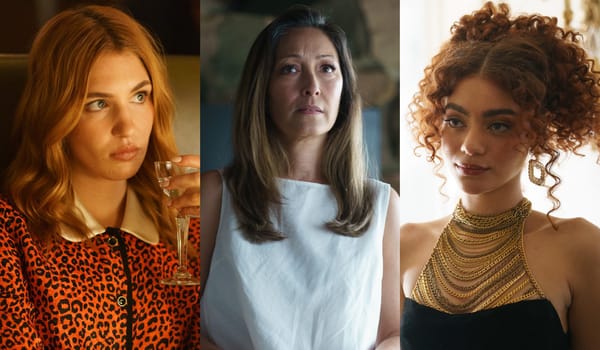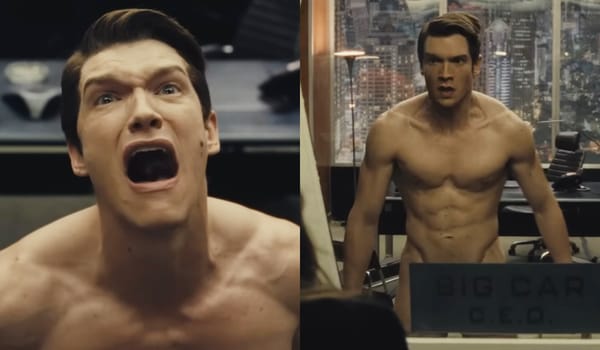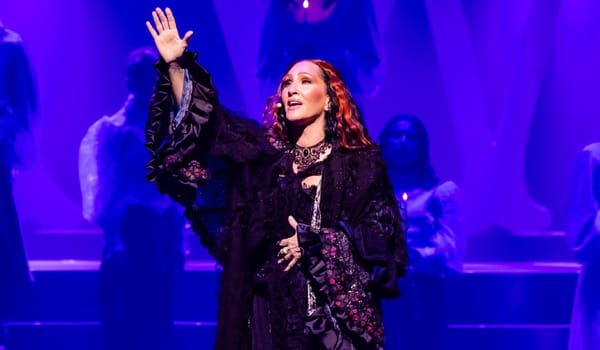A Nice Indian Boy: Roshan Sethi and Karan Soni on their historic gay rom-com
Following the digital release of A Nice Indian Boy, GAY TIMES spoke with director Roshan Sethi and star Karan Soni — who are also a couple! — about the rom-com’s historic gay and South Asian representation, and how it both subverts and pays homage to the genre.



